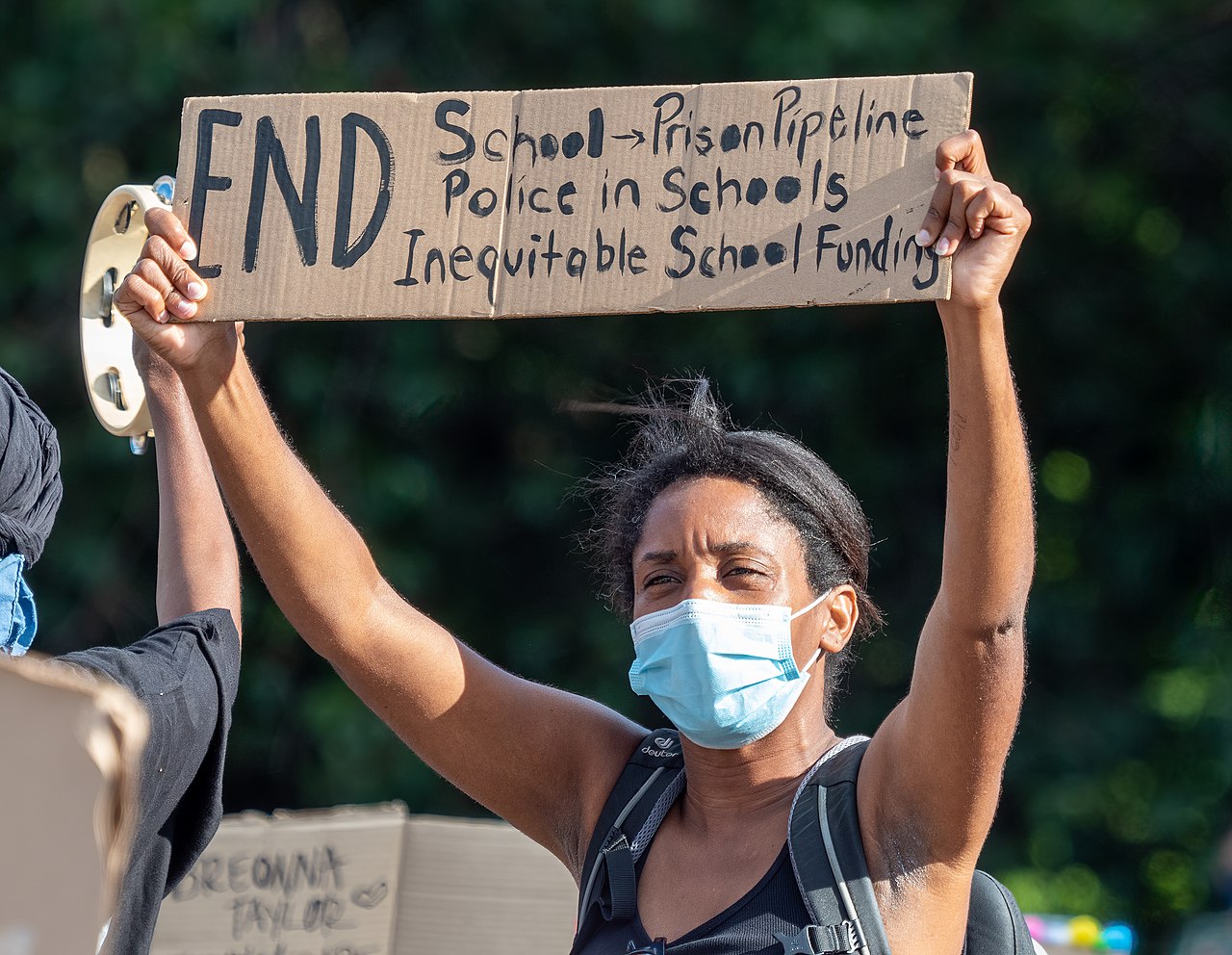Written by Ava Danyluk
Student Volunteer on the Indigenous Legal Information Project, in partnership with Calgary Legal Guidance (CLG)
It is no secret that certain groups are overrepresented within our criminal justice system. Overrepresentation suggests that sentencing is a discriminatory process (Jeffries & Bond, 2011). Yes, even in Canada. Today, racial discrimination and bias are at the forefront of our lives thanks to the Black Lives Matter Movement.
When entering law school, I had no idea what path I would take, but I knew I was passionate about justice and equity. Prior to law school I had worked with Indigenous Communities in and around Alberta on the current opioid crisis, which has roots in historical and ongoing colonialism. In my first year of Law at the University of Calgary I volunteered with Pro Bono Students Canada (PBSC), and was placed on the Indigenous Legal Education Project. Under the guidance of Thomas Heine and Aron Csaplaros, and in partnership with Sarah Sinclair and Lana Garcelon at Calgary Legal Guidance, I created legal resources. One example of such resources was a pamphlet explaining how an Indigenous person who attended a Federal Indian Day School can participate in a class action lawsuit against the Government of Canada. The second resource I created were wallet cards that outline your basic legal rights when you are approached by an officer.

Front image of Ava’s wallet card resource. 
Back image of the wallet card.
When the Black Lives Matter movement started picking up after the murder of George Floyd, I reflected on what I, as a white individual of settler decent, could do with my privilege. I decided that I would attend as many protests as I could and hand these cards out. The community support I received was astonishing. I had help from my peers at school and my family. People at protests were kind and appreciative. It was humbling to see how such a small action, one of disseminating legal resources, can mean so much.
My experience volunteering with PBSC has further invigorated my passion for legal equity, and made me question how different our world could be if everyone had access to the same resources. I hope I see a day where the law works to represent the rights of all people, not just those who can afford access. I am looking forward to being the co-lead of the Indigenous Legal Education Project this year. I hope that whatever we do as members of the legal community, we do it with the goal of justice and equity. As members of a privileged group, we all have a duty to go beyond what is required of us and do what is right.
References
Jeffries, S., & Bond, C. (2012). The Impact of Indigenous Status on Adult Sentencing: A Review of the Statistical Research Literature From the United States, Canada, and Australia. Journal of Ethnicity in Criminal Justice, 10(3), 223-243.

